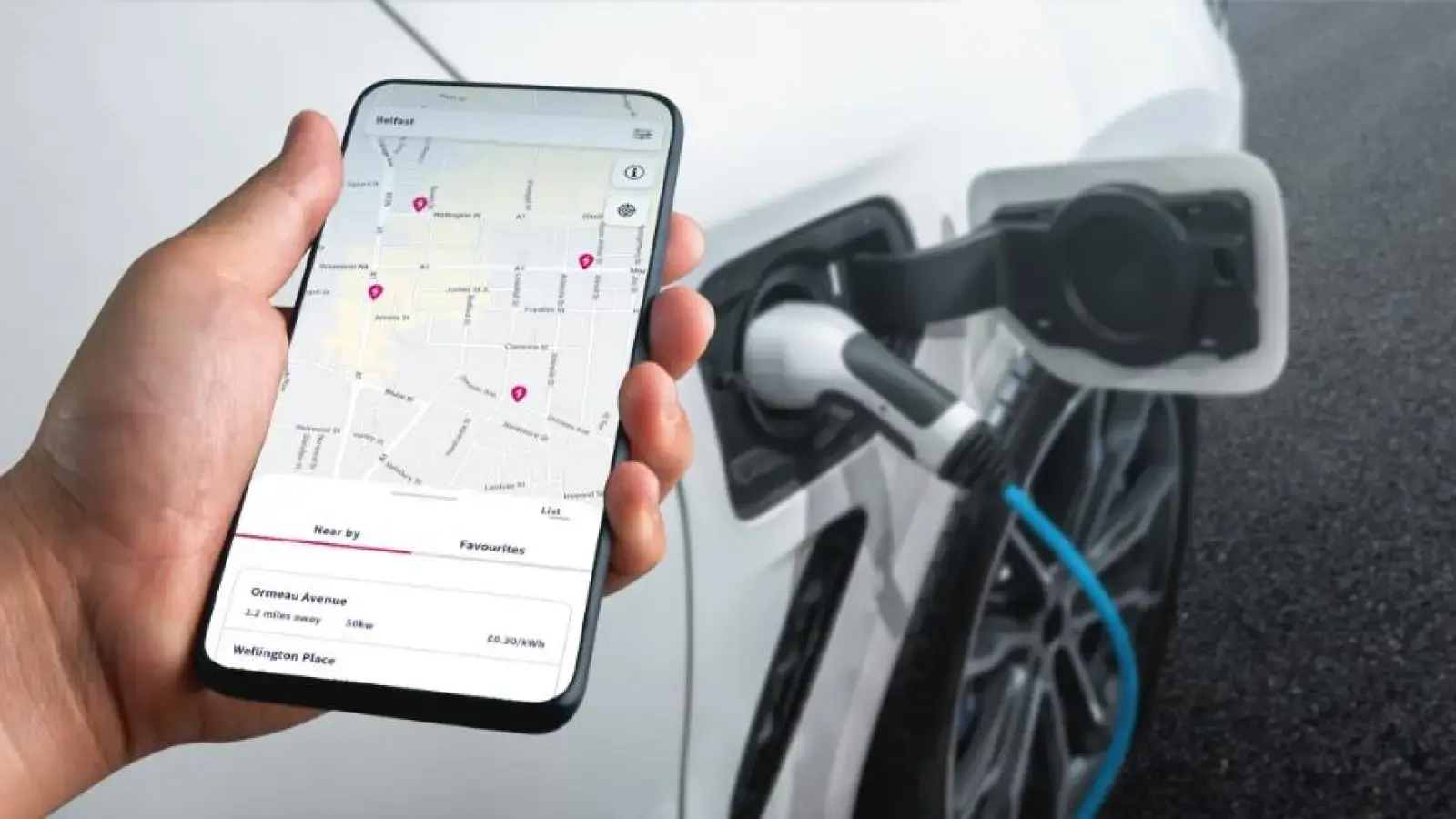Northern Ireland Ready To Get Out Of First Gear On Electric Vehicle Charging
An increasing number of businesses and consumers are looking for new ways to operate and live more sustainably.

As an increasing number of businesses and consumers seek new ways to operate and live more sustainably, there is also a surge in the number of people turning to electric vehicles (EVs).
With that comes the requirement for charging infrastructure and while some parts of the UK are powering ahead in this regard, others – most notably Northern Ireland – have been languishing in the slow lane.
Not only does Northern Ireland have the lowest number of chargers installed, the amount has been increasing at the slowest rate also – but things are changing.
The most recent official report on the availability of public EV chargers in the UK, recorded a 7 per cent rise in their number between January and April this year. It’s an incredible rate of increase in such a relatively short timeframe.
And yet, in Northern Ireland, the increase was just 0.9 per cent in the same period.
As a result, there are only 18 charging devices per 100,000 people, by far the lowest of any UK region.
Our announcement earlier this year of a £20 million investment to install 1,500 charging points across 350 locations in Northern Ireland will make a significant impact on that figure.
As increasing numbers of people turn to EVs, either for domestic use or businesses switching to an electric fleet, we need to be ready.
We are currently experiencing a surge in demand from businesses seeking to avail of government grant assistance of up to £75,000 per business to install charging infrastructure for their staff and fleet vehicles as part of the (Office for Zero Emission Vehicles) OZEV-run scheme.
Northern Ireland’s new draft Energy Strategy, published in December 2021, outlined plans for the region to reach net zero. It included proposals to publish an EV infrastructure action plan informed by the EV Infrastructure Taskforce, which was set up by former Infrastructure Minister Nichola Mallon. At the time, she said a key aim of the taskforce was to develop the action plan “as quickly as possible”.
It is true that we have some considerable catching up to do but if we are serious about building the infrastructure needed to service the transport requirements of the future, we need to lay the groundwork now – and fast.
In just eight years, sales of new petrol and diesel cars will be banned in the UK, with some calling for the restriction to be made even sooner for fleet or public service vehicles.
We need more charging points in our homes, workplaces and in publicly accessible locations to encourage those yet to make the switch to EVs to do so, allowing them to avail of the benefits.
There is no doubt the future of the car is an electric one, and it is already here for thousands of EV drivers across Northern Ireland.
Now is the time to get our infrastructure network out of first gear.









